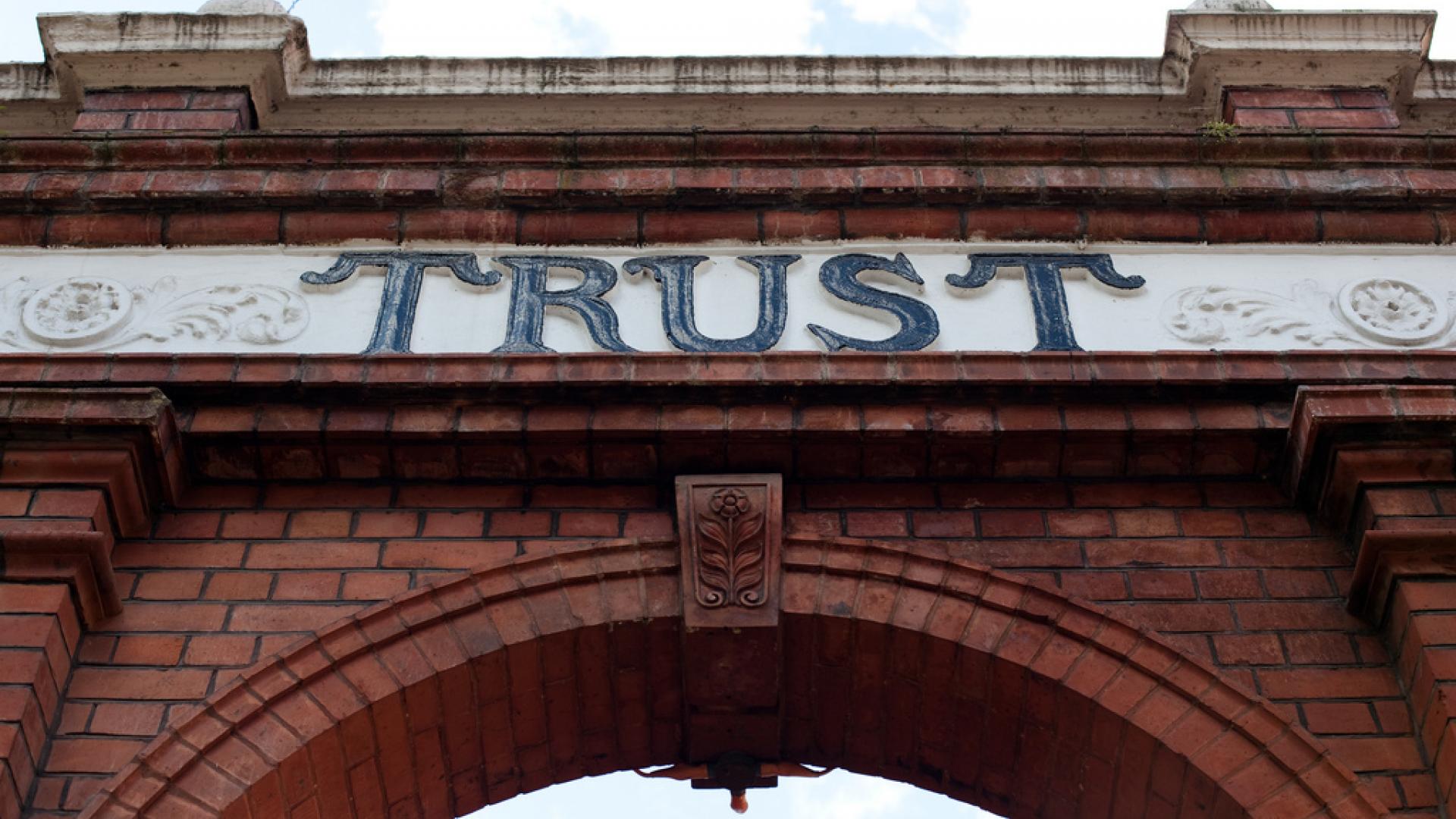For many consumers, their purchasing decisions come from loyalty to specific brands (rather than price sensitivity for example). One may think they would be relatively forgiving of any minor slip-ups, indiscretions or mistakes that one of their favourite brands was unfortunate enough to make. Not so accordingly to the latest research in Europe, as these consumers are actually more likely than average to turn their backs on brands that let them down – eight in 10 of them would in fact!
This is food for thought for charities, usually operating in the absence of a tangible product, because their brands are a crucial asset in persuading people to give their trust, time and money to support a cause. Yet however high trust is in your brand, however satisfied your supporters are, loyalty cannot be taken for granted. Trust has to be won and re-won constantly.
Recessionary effects are likely to have made this battle harder. We’ve seen a growing hatred of waste for example (three quarters of Europeans say they are constantly trying to buy fewer things) and increasing financial wherewithal (readership of financial pages of the news and running of household budgets are both up since the credit crunch). These would both suggest a public mindset that is bound to be sensitive to the amount of their donations making it to the front line.
And if one brand sneezes, the whole sector is likely to catch a cold. As our recent research in Ireland showed, after intense media scandal surrounding two particular brands there was a decline in trust levels in nearly every single brand tested. It also revealed a near 20% swell in people saying they no longer or weren’t sure whether they trusted charities to spend their money wisely.
We have published lots of advice on this site on how charities can boost trust in their brand. For any charity that takes its reputation seriously, it will be crucial to put in place metrics to inform, monitor and demonstrate the future progress of the brand.
This will ensure they do not become complacent about the trust and loyalty they may enjoy, and that they know will when and how they need to respond to challenges in the wider world.

